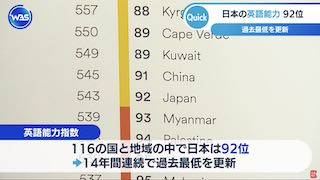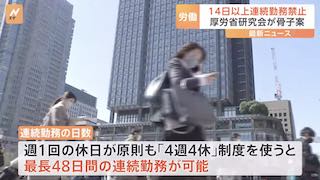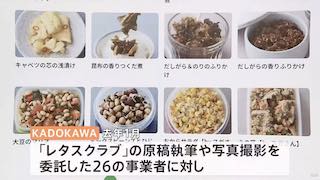Aug 27 (Nikkei) - Japanese automobile manufacturers face a new challenge of drastically reducing gasoline vehicles sold in California -- and have less than four years to do it.
The state's air regulators on Thursday approved new rules to phase out all gas-burning vehicles sales by 2035. The California Air Resources Board order goes into effect for the 2026 model year, when automakers are required to have 35% of new sales be of zero-emission vehicles.
Since California accounts for 12% of the U.S. auto market, car manufacturers have little choice but to comply with the mandate.
"The specifics are strict, but it's been clear for some time that they plan to eliminate gasoline vehicles by 2035," said an executive at a Japanese automaker. "We're drawing up product plans to accommodate it."
After 2026, California will require automakers to make zero-emission vehicles 68% of new sales for the 2030 model year, then 100% for 2035 models. The types of automobiles that make the grade include electric vehicles, fuel-cell vehicles and plug-in hybrids with all-electric driving ranges of 80 kilometers or more.
When it comes to green vehicles, Toyota Motor and other Japanese peers specialize in conventional hybrids that cannot be plugged to charge batteries. Because California does not recognize conventional hybrids as zero-emission vehicles, new sales of these autos will be banned in California in 2035 as well. ...continue reading













